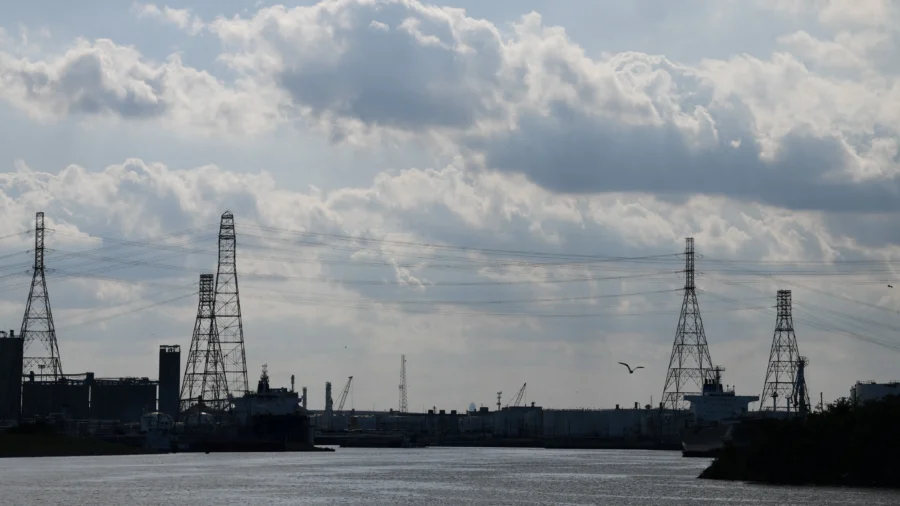Port closures for the largest ports in Texas were put in place after the U.S. Coast Guard began restricting vessel traffic because of the onset of Tropical Storm Beryl.
The ports of Corpus Christi, Houston, Galveston, Freeport, and Texas City said they closed after condition “Zulu” was set by Coast Guard captains on July 7.
The storm made landfall on Monday morning at Port Lavaca.
The port closures could temporarily disrupt the oil trade, as shipments of crude oil to refineries and motor fuels from those plants could be halted.
Restrictions on vessel movements in ports from Matagorda Bay to the U.S.-Mexico border are in place due to expected gale-force winds within 12 hours. The roughly 50-mile Houston ship channel, which operated under transit restrictions until July 7 before halting all traffic, allows access to eight public facilities and some 200 private terminals.
Production was cut to minimum levels at Citgo Petroleum Corp’s Corpus Christi refinery on July 6 in anticipation of Beryl’s coastal approach at Port Lavaca, a pipeline hub, where the storm made landfall. The refinery typically handles an output of around 165,000 barrels per day, and operations will continue at minimum levels.
Oil producer Shell Plc shut production on its Perdido production platform in the U.S.-regulated Gulf of Mexico ahead of the storm’s arrival, the company announced on July 5, prior to evacuating workers from the platform.
The company’s Whale platform was also evacuated. Production on the platform is set to commence later this year.
Another oil producer, Gibson Energy, which operates a large oil terminal in Corpus Christi, said facilities and docks were secured after the port of Corpus Christi’s closure.
Similarly, oil giant Chevron Corp, which is among the biggest offshore producers in the United States, said on July 5 that production from its operated assets remained normal but proceeded with the evacuation of nonessential personnel from some of its Gulf of Mexico facilities.
Other oil companies had also shut in production or evacuated personnel from their Gulf of Mexico offshore platforms.
Some energy facilities in Texas also had to shut down or slow down operations because of wind storms linked to Beryl.
Most of the northern Gulf’s offshore oil and gas production is east of Beryl’s forecast track.
If oil supplies are impacted by the storm, it could drive up prices of U.S. oil and offshore crude grades in a region that produces about 1.8 million barrels per day, accounting for just under 15 percent of total U.S. crude output, according to the U.S. Energy Information Administration.
Texas produces the most oil and natural gas, or more than 40 percent and 20 percent, respectively, of any area of the United States.
Hurricane Beryl swept ashore in Texas as a Category 1 storm in the dark of the early morning hours Monday, lashing Houston with heavy rains and powerful winds and knocking out power to 1.5 million homes and businesses as fast-rising waters caused street flooding and prompted rescues.
Those on vacation in the area were advised to leave the area prior to the storm’s arrival.
Reuters contributed to this article.

